- Your cart is empty
- Continue Shopping
SiTaxa M 50/1000 Tablet
Product Introduction
SiTaxa M 50/1000 Tablet is a combination of two medicines used to control high blood sugar levels in people with type 2 diabetes mellitus. By lowering blood glucose effectively, it helps prevent serious diabetes-related complications such as kidney damage, nerve problems, and blindness, and may also reduce your chances of having a heart attack or stroke.
Your doctor may prescribe it alone or with other diabetes medicines. It works best when combined with a healthy diet, regular exercise, and lifestyle changes. Taking it with meals helps reduce the risk of stomach upset.
To get maximum benefit, take this medicine regularly at the same time each day. Do not stop taking it unless advised by your doctor.
Uses of SiTaxa M Tablet
Treatment of Type 2 diabetes mellitus
Benefits of SiTaxa M Tablet
Combines sitagliptin and metformin, which work in different ways to lower blood glucose.
Helps prevent complications of uncontrolled diabetes such as kidney, eye, and nerve damage, and limb loss.
Reduces the risk of heart disease and stroke in diabetic patients.
Supports long-term health when taken consistently with diet and exercise.
Helps you live a healthier and more active life by keeping blood sugar under control.
Side Effects of SiTaxa M Tablet
Most side effects are mild and go away as your body adjusts to the medicine. Consult your doctor if they persist or cause concern.
Common side effects include:
Diarrhea
Upper respiratory tract infection
Headache
⚠️ Low blood sugar (hypoglycemia) may occur if taken with other diabetes medicines like insulin or sulfonylurea. Learn how to recognize and manage it.
How to Use SiTaxa M Tablet
Take in the dose and duration prescribed by your doctor.
Swallow whole with water; do not chew, crush, or break.
Best taken with food to reduce stomach upset.
How SiTaxa M Tablet Works
SiTaxa M 50/1000 Tablet contains:
Sitagliptin – Increases insulin release, improves its effectiveness, and reduces excess sugar made by the liver.
Metformin – Lowers glucose production in the liver, delays absorption of sugar from the intestines, and increases the body’s sensitivity to insulin.
Together, they provide stronger and more effective blood sugar control.
Safety Advice
Alcohol – Unsafe
Avoid alcohol, as it increases the risk of low blood sugar and lactic acidosis.
Pregnancy – Consult your doctor
Limited data available; use only if clearly prescribed.
Breastfeeding – Consult your doctor
Likely unsafe; may pass into breast milk and harm the baby.
Driving – Caution
Do not drive if you feel dizzy, weak, or have blurred vision due to abnormal blood sugar levels.
Kidney – Use with caution
Dose adjustment may be needed. Not recommended in severe kidney disease. Regular monitoring of kidney function is advised.
Liver – Unsafe
Not recommended in patients with liver disease. Consult your doctor.




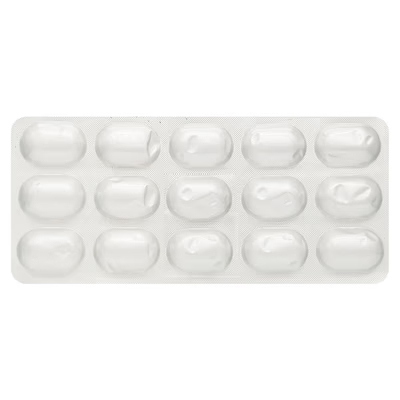
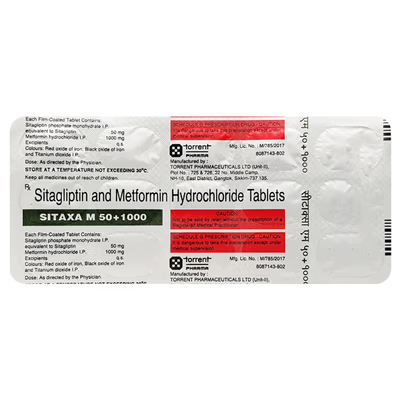

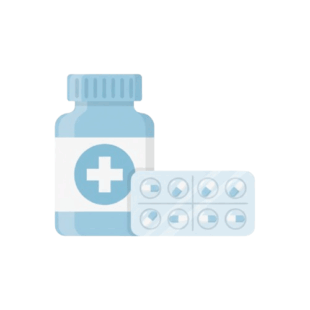
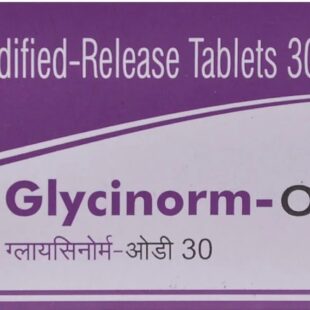
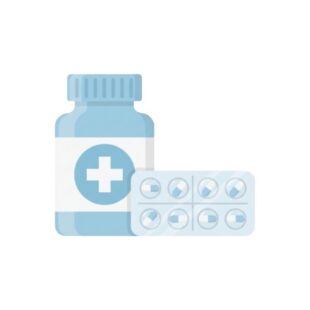
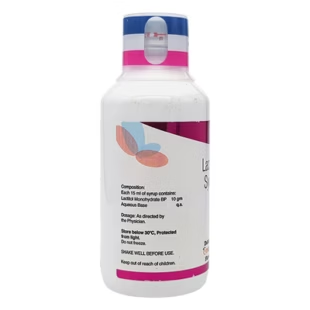


Reviews
There are no reviews yet.